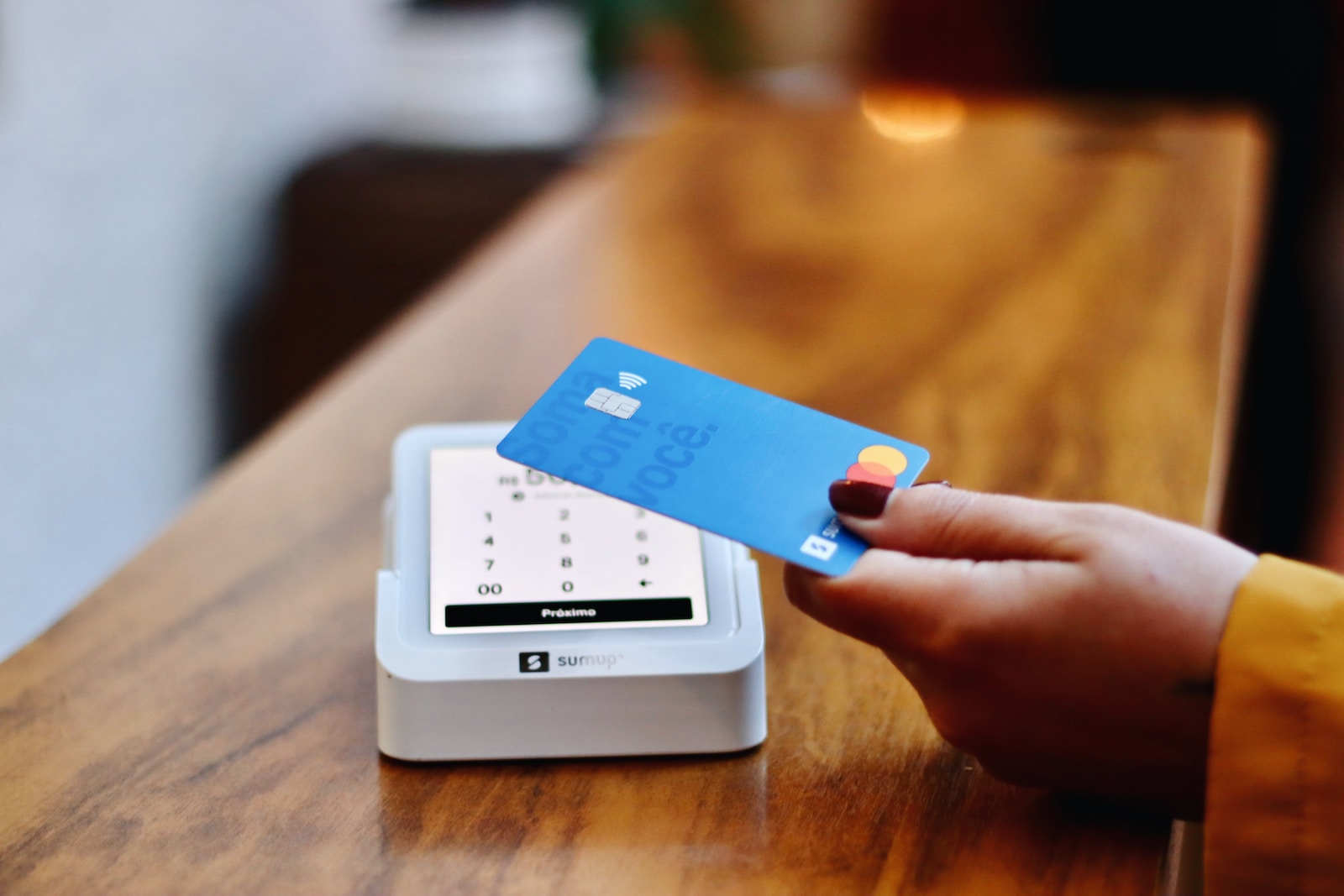
Photo by Nathana Rebouças on Unsplash
The Boon and Bane of Self-Checkout for Retailers
December 8, 2023
Retailers appreciate the allure of self-checkout. However, the elevated rate of inventory shrinkage is a pressing concern in the retail industry.
Before self-checkout, there were typically two kinds of people leaving a store with merchandise: those who paid for everything and shoplifters who didn’t pay at all. Self-checkout has since introduced an interesting hybrid in the form of shoppers who pay for the majority of their items, but not everything.
This phenomenon is now referred to as partial shrink. According to a recent study conducted by Grabango, a startup that offers checkout-free technology for retail businesses, partial shrink is currently the leading and most expensive form of shoplifting. The study involved tracking nearly 5,000 transactions with computer vision, and the results were quite revealing. It appears that shoplifters find it easier to outsmart a machine than a human — in fact, they are 21 times more likely to succeed.
Strategies employed by these hybrid shoppers range from the straightforward non-scanning of items to incorrectly entering codes for cheaper items. The impact of partial shrink is startling. Only 0.32% of manned checkout transactions were associated with partial shrink, while an alarming 6.7% of self-checkout transactions were affected. When assessed as a percentage of revenue, “self-checkout machines had a shrink rate of 3.5% versus only 0.21% for conventional cashiers.”
Grabango also noted that eliminating self-checkout shrink “could increase grocery store bottom-line profits by more than 50% a year.”
Nonetheless, it’s important to consider that not every case of partial shrink is malicious. It’s not uncommon for shoppers to commit honest errors while using self-checkout machines. A survey by LendingTree discovered that one in five shoppers admitted to unintentionally walking away with an item they hadn’t paid for. However, less than a third of this group said they returned the item to the store.
What’s more shocking is that approximately one in seven shoppers confessed to deliberately stealing from self-checkout, and nearly half of this group claimed they would do it again. Furthermore, the survey revealed that Gen Z has a higher shoplifting rate, twice as much as the overall group. Also, individuals from households earning more than $100,000 annually were found to be the most likely culprits at self-checkout compared with those from lower-income households.
Dollar General has become the latest retail chain to rethink its use of self-checkout technology. Following in the footsteps of Target, which has limited self-checkout to customers purchasing no more than 10 items at select stores, Dollar General is now “reassigning workers to the front of its stores to ring customers up” and revising its self-checkout strategy to cut down on losses from shrink. Similarly, Costco has decided to bolster its self-checkout areas with additional staff. This decision came after the retailer noted instances of non-members misusing the self-checkout by employing membership cards that did not belong to them.
Recent News
Saudi Aramco Launches $12 Billion Secondary Share Sale
Saudi Aramco, the world’s largest oil company by daily crude production and market capitalization, launched a substantial secondary public offering on Sunday, aiming to raise around $12 billion. This move comes as part of the Saudi Aramco’s strategy to generate additional funds, following its record-breaking initial public offering in 2019, which raised $29.4 billion by selling 1.5% of the company.
Nvidia Unveils Cutting-Edge AI Chips to Assert Market Dominance
Nvidia has once again made headlines with the announcement of its next generation of artificial intelligence processors. At the Computex conference in Taipei, CEO Jensen Huang unveiled the “Rubin” processors, a successor to the “Blackwell” chips for data centers that were announced in March. This surprise reveal comes even before the Blackwell chips have begun shipping to customers, signaling Nvidia’s aggressive strategy to dominate the AI processor market.
Rubio’s Coastal Grill Shutters 13 San Diego Locations
Rubio’s Coastal Grill has announced the closure of 13 locations in San Diego by the end of Friday. The closures are part of a broader strategy to address the rising operational costs in California.
Boeing’s First Astronaut Flight Postponed Due to Last-Minute Computer Glitch
In a turn of events, Boeing’s highly anticipated first astronaut flight was called off at the last minute due to a computer glitch. This setback adds to a series of delays that have plagued the program over the years. The launch, which was scheduled to take place at Cape Canaveral Space Force Station, was intended to send NASA astronauts Butch Wilmore and Suni Williams to space aboard Boeing’s Starliner capsule.
